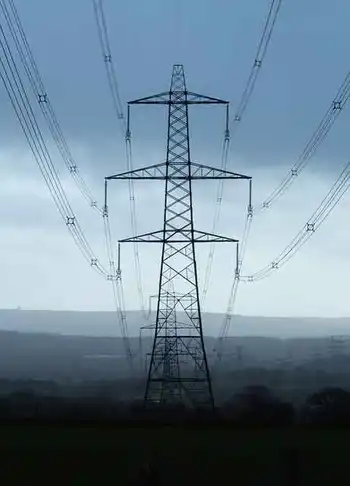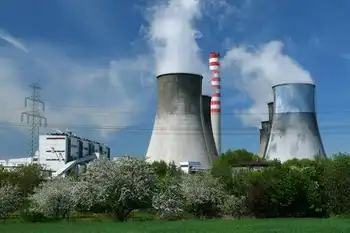Senator delivers seven steps at ORNL
By Knoxville News Sentinel
Substation Relay Protection Training
Our customized live online or in‑person group training can be delivered to your staff at your location.

- Live Online
- 12 hours Instructor-led
- Group Training Available
Alexander delivered his speech at Oak Ridge National Laboratory, one of the original sites in the wartime project that produced the first atomic bombs. He was joined by other members of the Tennessee congressional delegation - U.S. Reps. Bart Gordon, a Democrat who chairs the House Science Committee, and Zach Wamp, one of the senior Republicans on the House Appropriations Committee - and a conference room filled with lab scientists and engineers.
The senior senator from Tennessee, seeking election this year to a second term, didn't offer a price tag, a detailed legislative package or an exact blueprint for how such a program might work, but he proposed what he termed "seven grand challenges" that need to be addressed over the next five years.
Those challenges:
• Make plug-in hybrid vehicles commonplace, enabling consumers to plug their cars in overnight to take advantage of cheap electric rates when power capacity is under-utilized.
• Make carbon capture and storage a reality for coal-burning power plants.
• Make solar more cost-competitive with the burning of fossil fuels.
• Develop ways to safely process and store nuclear waste.
• Make advanced biofuels cost-competitive with gasoline.
• Make new buildings green buildings, with technologies that conserve power and reduce waste products.
• Accelerate the development of nuclear fusion as an energy source for the future.
Alexander said the solutions to the U.S. - and the world's - energy problems can't be accomplished within five years, but urgent projects can help ensure future success.
"It is so important that we act - and that we act quickly," Wamp said.
Gordon said Alexander's proposal would obviously be expensive, and he said he's not sure there's enough money in the United States to meet all the needs. Some international collaboration would be required, he said.
"It's clearly going to cost billions of dollars," he said.
Thom Mason, director of Oak Ridge National Laboratory, said a Manhattan-like project for energy independence could employ some of the same development techniques used during the A-bomb work - such as parallel testing of different ideas to see which ones work best.
However, energy independence is likely to be an even more complicated task, Mason said, because unlike the World War II project it doesn't have a single, dedicated "deliverable" - a bomb to end the war.
A number of ORNL scientists, including David Greene, a top fuel economist and transportation researcher, offered comments during the session and discussed what should be priorities. Greene said transportation is at the heart of the nation's oil-dependence problem, and he said one goal should be doubling the fuel economy over today's level by 2030.
But production of biofuels and greater fuel economy won't be enough to achieve energy independence, Greene said.
"To accomplish that goal, we must make electricity, hydrogen - or both - clean, carbon-free, competitive choices for American motorists," he said. Greene cited the need for a new generation of advanced batteries and fuel cells and better, safer ways of storing hydrogen aboard vehicles.











